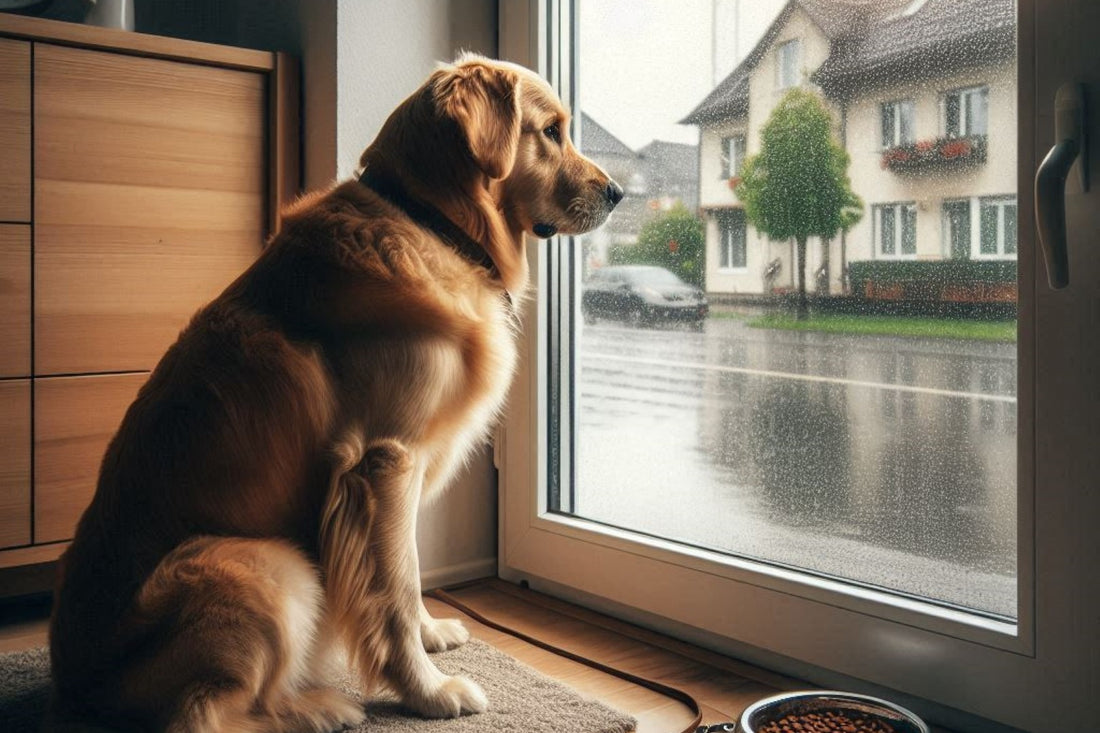
How to Help Your Dog Cope with Separation Anxiety
Separation anxiety is a common issue among dogs, especially when they form strong bonds with their owners. If your dog shows signs of stress when left alone, such as excessive barking, destructive behavior, or house soiling, they might be dealing with separation anxiety. Here are some practical tips to help your furry friend feel more comfortable when you’re away.
1. Create a Safe Space
Designate a comfortable and secure area in your home where your dog can relax when you’re not around. This space should be filled with their favorite toys, a cozy bed, and maybe some treats. A crate can also be a good option if your dog is crate-trained and finds it to be a safe haven.
2. Gradual Desensitization
Start by leaving your dog alone for short periods and gradually increase the duration over time. Begin with just a few minutes and slowly work up to longer absences. This process helps your dog learn that you will always come back, reducing their anxiety.
3. Provide Mental Stimulation
A tired dog is a happy dog. Make sure your dog gets plenty of physical exercise and mental stimulation throughout the day. Puzzle toys, treat-dispensing toys, and interactive games can keep their mind occupied and reduce anxiety.
4. Practice Calm Departures and Arrivals
When leaving and returning home, remain calm and low-key. Avoid making a big fuss when you come back, as this can reinforce anxious behavior. Instead, greet your dog calmly and wait for them to settle down before giving affection.
5. Use Technology to Stay Connected
Pet cameras and treat-dispensing devices can help you stay connected with your dog while you’re away. Hearing your voice and getting a treat can provide comfort and reassurance to your furry friend.
6. Consider Professional Help
If your dog's separation anxiety is severe, it may be beneficial to consult a professional dog trainer or a veterinarian. They can provide tailored advice and, if necessary, recommend medications to help manage your dog's anxiety.
By implementing these strategies, you can help your dog feel more secure and less anxious when you’re not around. Remember, patience and consistency are key. Every dog is different, so it might take some time to see improvements. But with love and dedication, your dog will learn to cope better with being alone.
